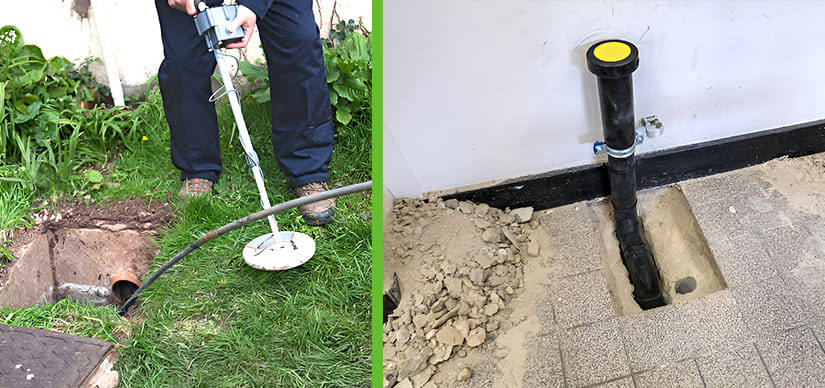Old and outdated fixtures can be a major cause of high water bills for homeowners. This includes things like toilets, faucets, and showerheads that are not designed to be water-efficient.
Over time, these fixtures can become worn out, corroded, or damaged, which can lead to leaks and unnecessary water usage.
Toilets are particularly notorious for causing high water bills when they are old or outdated. Older toilets use a lot more water per flush than modern low-flow models, and if they are not functioning properly, they can waste even more water.
Common problems with old toilets include leaks in the tank or bowl, worn-out flappers, and malfunctioning fill valves. These issues can lead to a constantly running toilet, which can waste thousands of gallons of water per month.
Faucets and showerheads can also contribute to high water bills if they are old or outdated. Older models typically have higher flow rates than modern water-efficient models, which means they use more water per minute.
If these fixtures are not functioning properly, they can also leak, which can waste even more water. Common problems with old faucets and showerheads include worn-out washers, loose connections, and damaged o-rings.
Replacing old and outdated fixtures with modern, water-efficient models is a great way to reduce water usage and lower your water bills. it can also forestall possible slab leak and slab leak detection in Brea.
Newer models of toilets, faucets, and showerheads are designed to use significantly less water than their older counterparts while still providing excellent performance.
Upgrading these fixtures can also help prevent water leaks and other issues that can waste water and drive up your bills.
.jpg)




